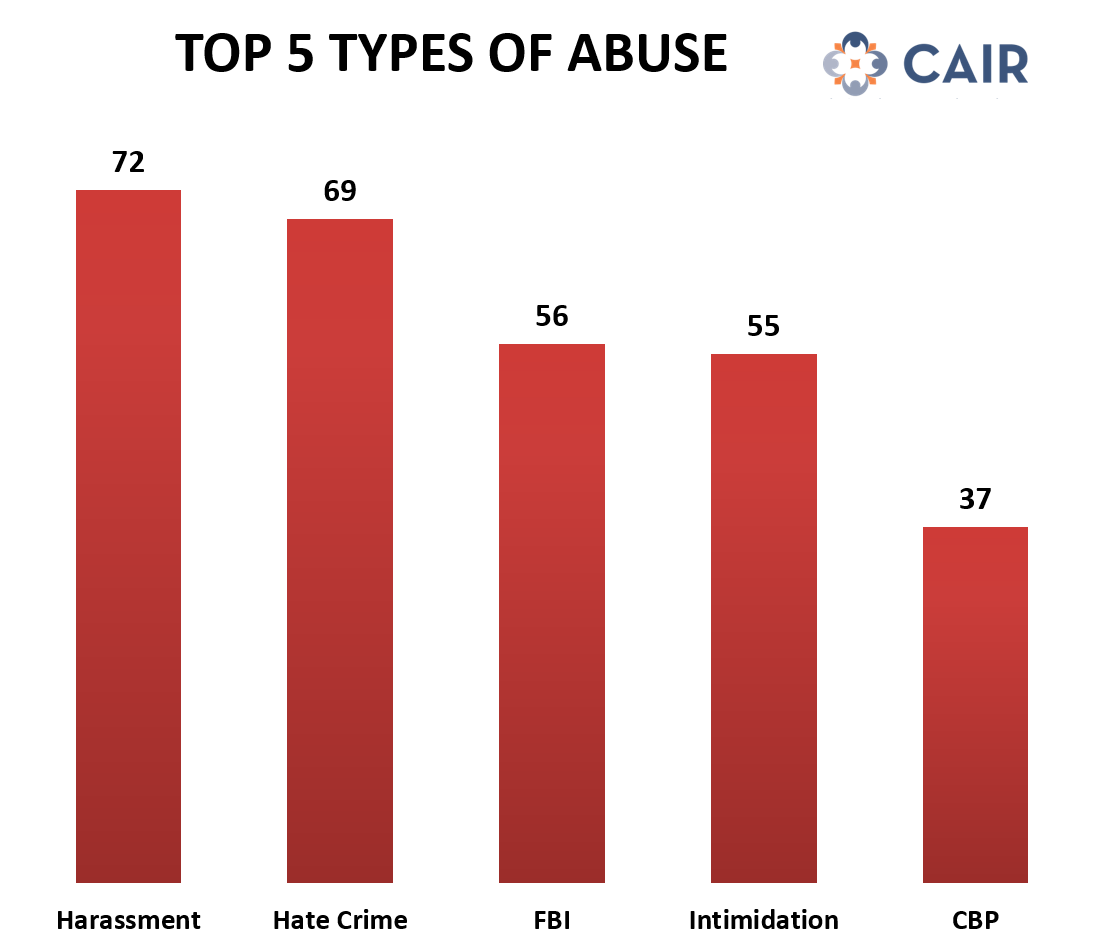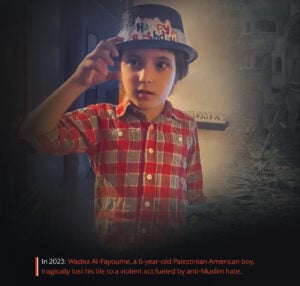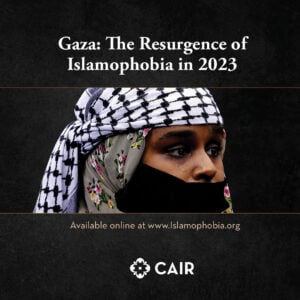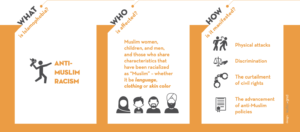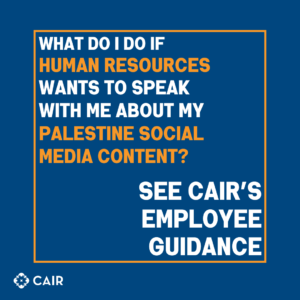In its data update on anti-Muslim bias incidents for the second quarter of 2017, the Council on American-Islamic Relations has documented that the number of hate crimes in the first half of 2017 has spiked 91 percent as compared to the same time period in 2016.
From January through June of 2016, CAIR recorded 70 hate crimes and that number has risen to 134 this year. Hate crimes are criminal offenses against persons or property, or incidents that can be charges as such under relevant state or federal statute.
[file_download url=”images/2017Q2Data/Quarter-2-Data-Report-Final.pdf” show_title=”no” custom_title=”Quarter 2 Data Report” save_as=”CAIR-2017-Quarter-2-Data-Report” show_count=”no” show_like_count=”no” show_download_count=”no” show_file_size=”no” button_text=”Download Quarter Report” button_background=”#de6560″ button_hover_background=”#30415d”]
The number of bias incidents in 2017 has also increased by 24 percent as compared to the first half of 2016, from 986 incidents to 1302. Bias incidents are defined as cases in which there was an identifiable element of religious discrimination.
Though the number of incidents has gone down in the second quarter of the year by 47 percent from 851 to 451, the first quarter spike can likely be attributed to the Protecting the Nation from Foreign Terrorist Entry into the United States Executive Order, also known as the “Muslim Ban.” CAIR recorded that 33 percent of bias incidents from January through March were related to the Ban.
If acts of bias targeting the Muslim community continue in their current trajectory, 2017 will be the worst year for such incidents since CAIR began its current documenting system in 2013.
The most frequent type of incidents documented by CAIR in the second quarter have been those of harassment, defined as a non-violent or non-threatening incident. The second most common type of bias incidents have been hate crimes and have involved physical violence or property damage.
Episodes in which the complainant has been questioned by FBI employees or otherwise appears to have inappropriately targeted by the agency are the third most common. Cases of intimidation and those involving CBP round out the top five categories.

The most prevalent trigger of anti-Muslim bias incidents in 2017 remains the victim’s ethnicity or national origin, accounting for 32 percent of the total. Twenty percent of incidents have occurred as a result of an individual being perceived as Muslim. A Muslim woman’s headscarf has been a trigger in 15 percent of incidents.
The report dataset is drawn primarily from the intakes CAIR conducts each year. With each case, civil rights and legal staff seek to ensure the highest possible level of accuracy.
